Conflict is the inevitable side effect of love. It’s not a matter of whether you and your partner fight. It’s a matter of how. Maybe you grew up in a home where the adults modeled expert conflict management skills. (If that’s the case, this article may have little to offer you!)
However, there are many of us who grew up watching adults simmer in quiet resentment or fly into fits of rage, and when that is the case, it means that we are on a bit of a learning curve when it comes to managing conflict in mature and effective ways. Fortunately, these skills can be learned and practiced!
Happy couples know that it matters how they speak and how they listen when things get heated. And they know that when things get too intense, it’s best to call for a time out. I write a lot about conflict in my book, Loving Bravely because it’s a complicated and vital topic, but here’s a simple and powerful seven-word life-saving (well, love-saving) tool that you can start using today.
The next time you are upset and need to bring up a concern with your partner, see what happens when you incorporate these seven words: “… the story I am telling myself is…”
Let’s see how this looks in action: Allie and Marie have been married for 11 years. They are at their neighborhood block party when Allie overhears Marie telling a mutual friend about Allie’s dad’s health problems and the caregiving role they are playing. Allie feels betrayed and hurt, and she knows she must bring it up with Marie.
Related: Managing vs. Resolving Conflict in Relationships: The Blueprints for Success
Scenario 1 (Without The Seven Love-Saving Words):
On the walk home, Allie says, “I cannot believe you were telling our friend about Dad’s health problems!” Marie feels defensive. Her urge is to explain herself and minimize the significance of what happened, saying, “What? It’s not a big deal. She asked me what was going on so I told her. You’re being dramatic!”
It goes downhill from here, with Allie calling Marie insensitive and Marie calling Allie thin-skinned.
Scenario 2 (With The Seven Love-Saving Words):
On the walk home, Allie says, “I overheard you talking with our friend about Dad’s health problems. I feel upset. The story I am telling myself is that you don’t respect our privacy.” Although Marie feels the rise of defensiveness within her, she also feels like Allie is giving her the benefit of the doubt. Rather than lashing out, she leans in, saying, “I’m sorry you’re upset. It seems like we may have different definitions of what’s private and what’s OK to talk about with friends. Can we talk more about that?”
What makes these seven words so effective? We are, by nature, meaning-making machines, crafting stories to make sense of the world around us. There’s a huge difference between checking out these stories with our partners and acting on these stories. In Scenario 1, Allie crafted a story of being disrespected and acted from that place of betrayal.
In Scenario 2, Allie’s use of the seven love-saving words puts a little bit of distance between Marie’s action (talking to their friend) and Allie’s story about Marie’s action. In doing so, she is essentially “trying out” her story with Marie, allowing Marie to join her and wonder with her about what was going on in the space between them.
This approach is effective in that it sets Marie up to join her, validating her concern and getting curious about how this incident might relate to a difference in how they define what’s private and what’s public. This conversation is far richer and more intimate than a fight about whether Allie is too sensitive or Marie is too clueless!
Resilience in romantic relationships is about accepting that we are going to step on each other’s toes but remaining ever-committed to navigating those rough moments with as much grace as we can.
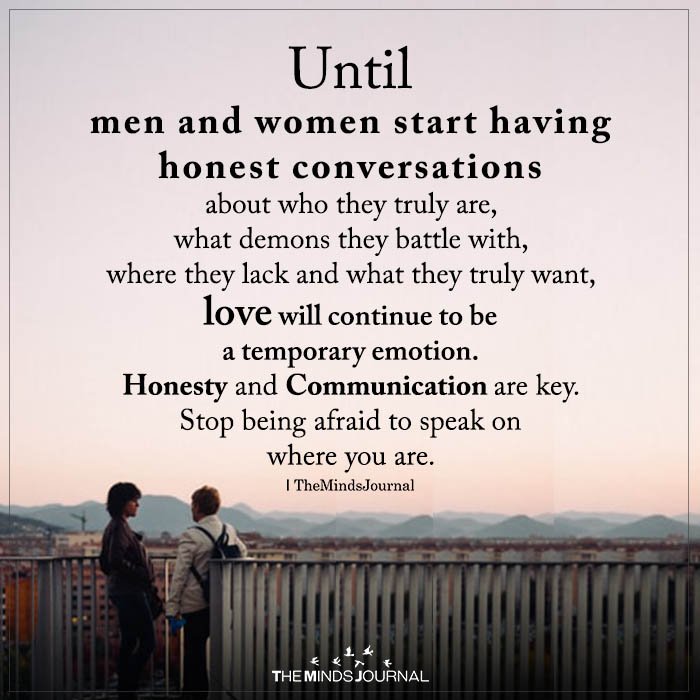
Related: Help Your Partner Understand Your Side of the Conflict in 3 Steps
Language is powerful, so we are wise to be as mindful as possible about the language we choose to use, even when, especially when, the heat is on. I hope you find that the seven love-saving words open the door toward understanding and repair.
Learn to create the healthy, thriving intimate you’ve always dreamed of with Alexandra’s Intimate Relationships 101 E-course.
Written By Alexandra Solomon Originally Appeared On Psychology Today


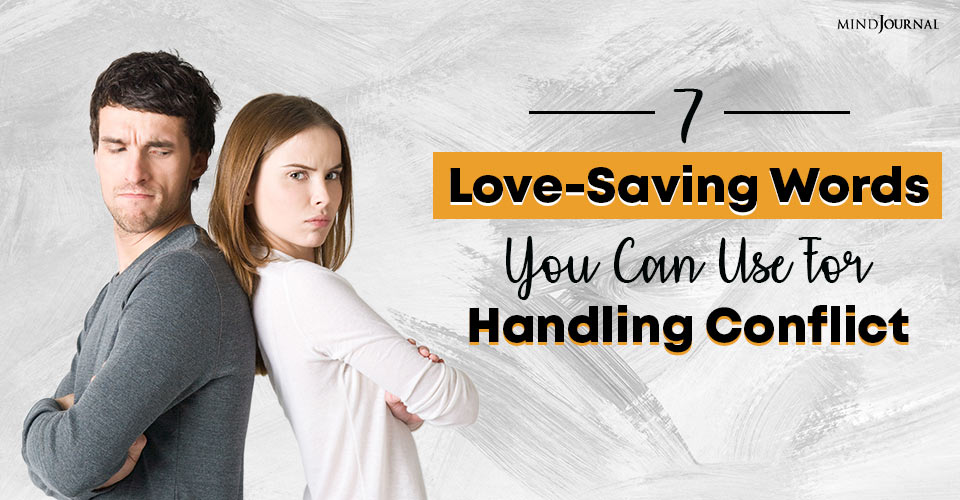

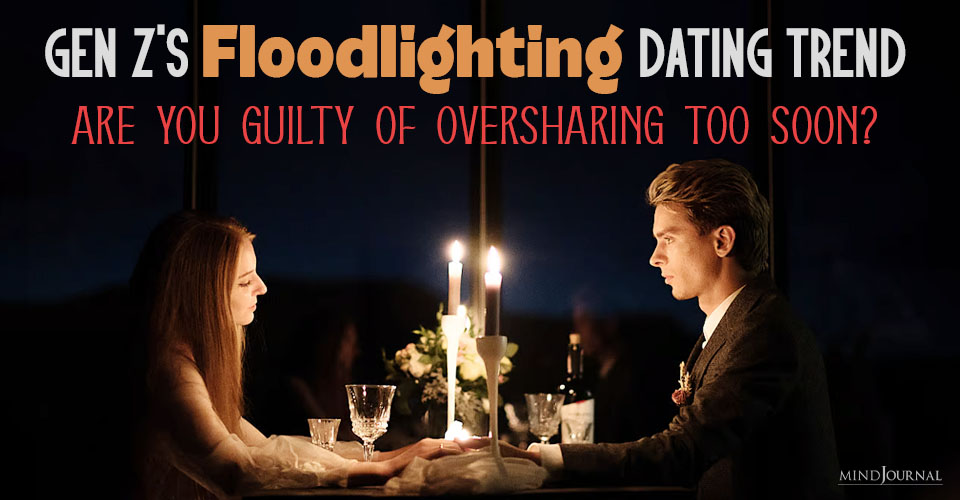
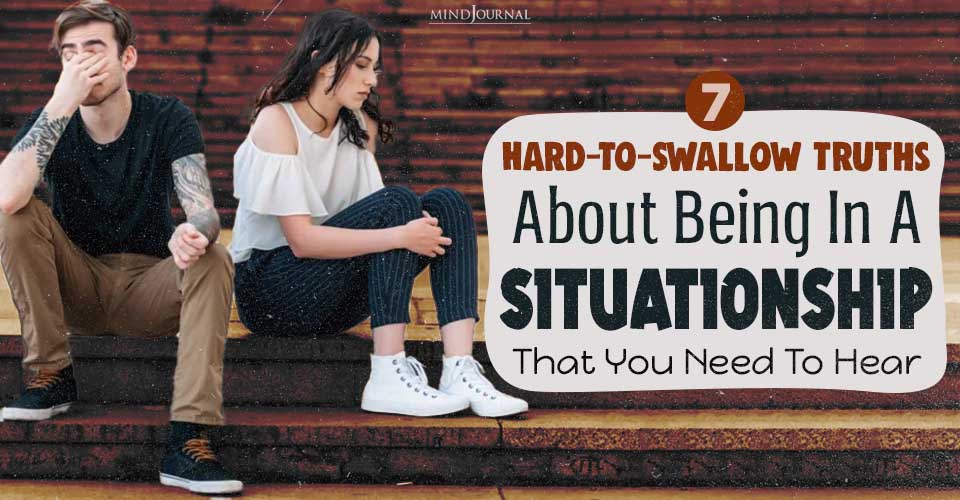

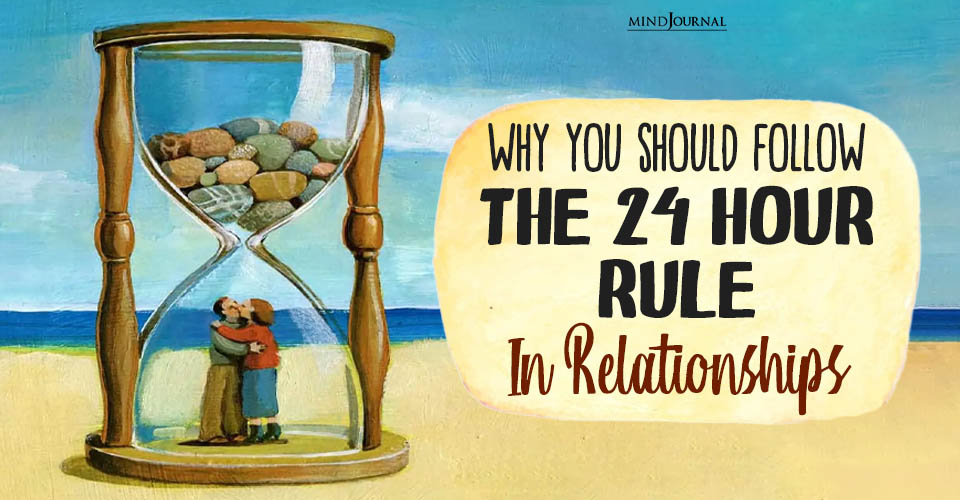
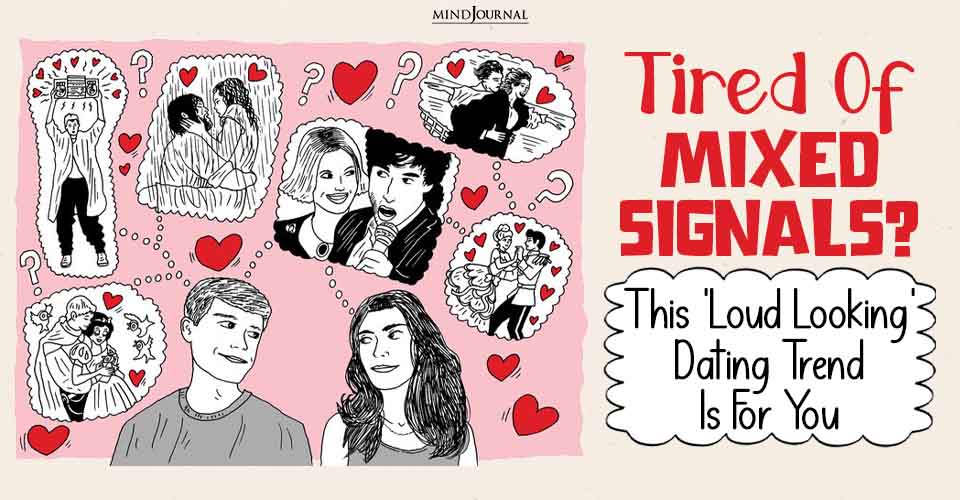

Leave a Reply